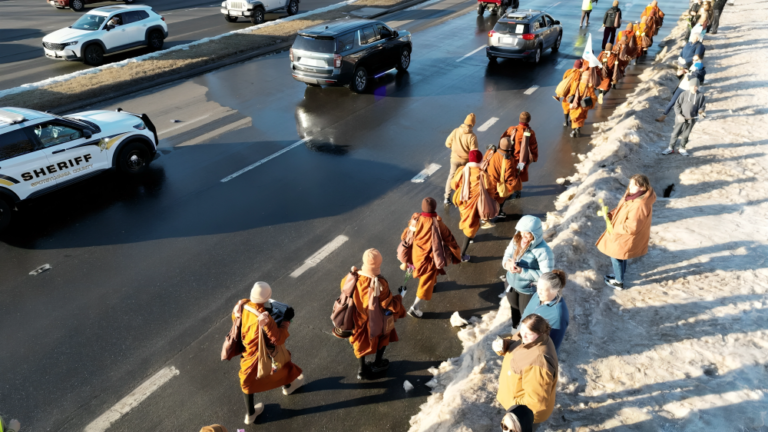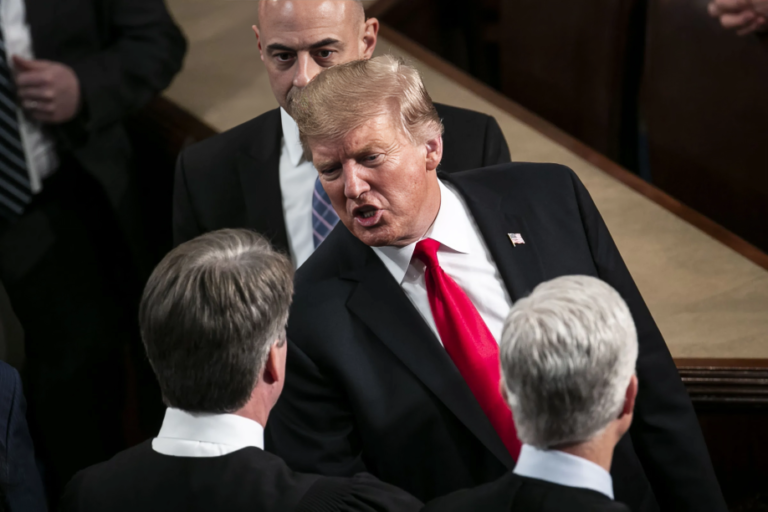Opposition leader Patrick Herminie has been elected president of Seychelles, defeating incumbent Wavel Ramkalawan in a closely contested runoff vote. Official results released early Sunday showed Herminie securing 52.7% of the vote, while Ramkalawan received 47.3%.
Herminie, who represents the United Seychelles party, returns his party to power after five years in opposition. United Seychelles had governed the island nation for more than four decades, from 1977 to 2020, before losing to Ramkalawan’s Linyon Demokratik Seselwa (LDS) party. In his victory speech, Herminie declared, “The people have spoken. I am deeply humbled by the trust the people have placed in me, and I formally accept this mandate with gratitude, a profound sense of duty and an unshakeable faith in the strength and character of the Seychellois people.”
A former speaker of the national assembly (2007-2016), Herminie emphasized that his party’s parliamentary majority would allow it to govern effectively and “work collaboratively and constructively to deliver the best possible outcomes for our people.”
The election went to a runoff after no candidate secured an outright majority in the first round two weeks earlier. Early voting began Thursday, with the majority of ballots cast on Saturday. Both Herminie and Ramkalawan campaigned vigorously, focusing on pressing national issues such as environmental degradation and a drug addiction crisis that has increasingly affected the island nation, long known as a luxury tourist destination.
Seychelles, with its reputation for high-end tourism and environmental conservation, is ranked by the World Bank as Africa’s wealthiest country by GDP per capita. Yet, political tensions have grown in recent months. Just before the first round of voting, activists filed a lawsuit against the government over a controversial long-term lease of 100 acres on Assomption Island to a Qatari company for luxury hotel development. The deal, which includes rebuilding an airstrip for international access, has been criticized as prioritizing foreign interests over national sovereignty.
The country also faces mounting challenges from climate change, particularly rising sea levels, which threaten its 115 islands. Both the World Bank and the UN Sustainable Development Group have highlighted Seychelles’ vulnerability, making environmental policy a central issue in the election.
Herminie’s victory marks a significant political shift, restoring United Seychelles to leadership and signaling a new chapter in the nation’s governance. His administration will now be tasked with balancing economic growth, environmental protection, and social stability in one of the world’s most climate-exposed island states.











+ There are no comments
Add yours